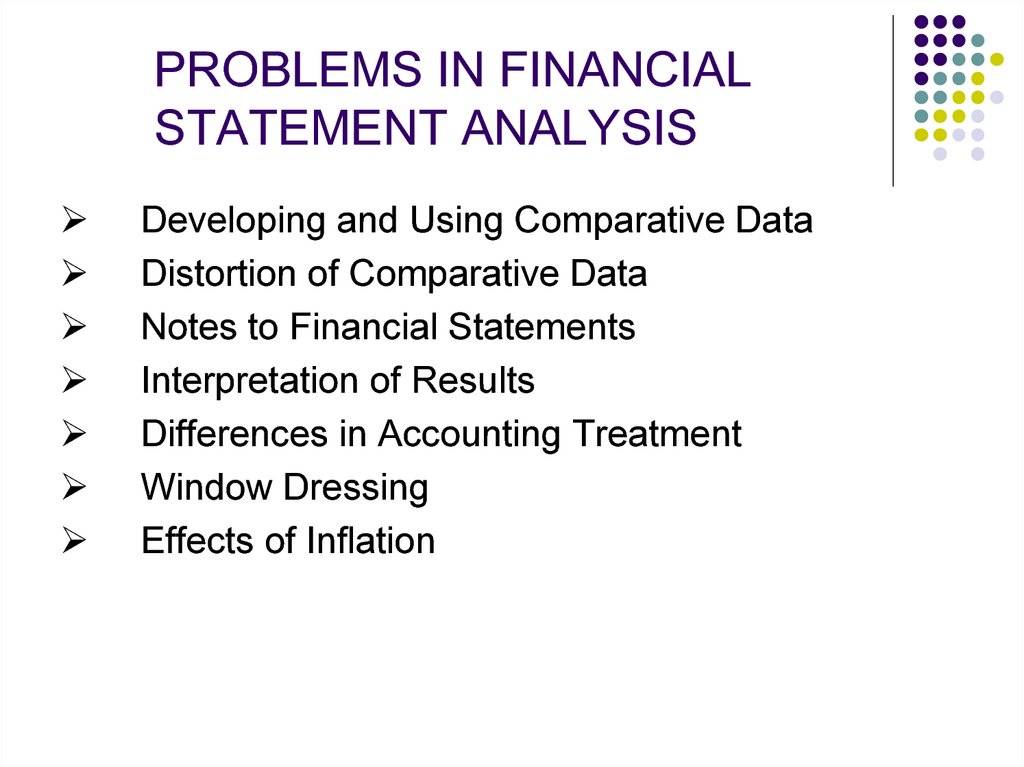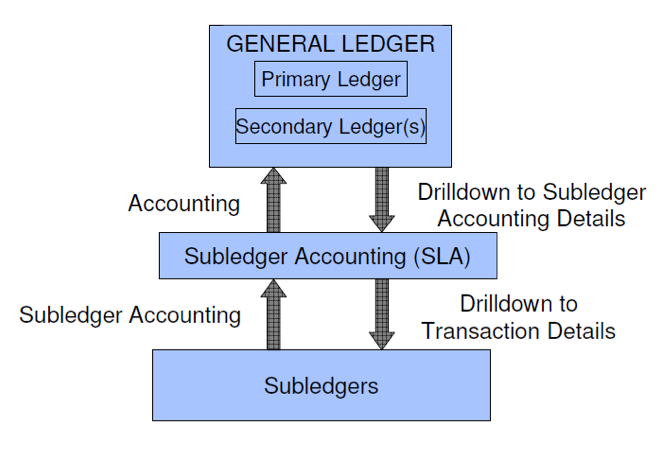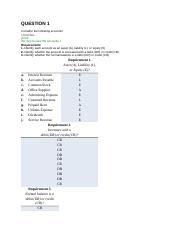Hidden Header
Content

In general, the bond market is volatile, and fixed income securities carry interest rate risk. Unlike individual bonds, most bond funds do not have a maturity date, so holding them until maturity to avoid losses caused by price volatility is not possible.
- To provide a one stop shop to our esteemed clients to enable them to buy and sell their fixed income securities in a simplified and democratic manner.
- Some bond types are less dependent on market performance than stocks and can be a good option for investors who are more risk averse, including those who are about to retire or who have already retired.
- The trade-off you get with the stability of bonds is you will likely receive lower returns overall, historically, than stocks.
- If bonds are held to maturity the investor will receive the face value, plus interest.
- This might not be in your best interest, as transitioning from products to individual stocks and bonds offers several important benefits.
- It is well understood that owning bond funds is not like owning individual bonds.
- Before you commit your funds, know how long your investment will be tied up in the bond.
The latter, on the other hand, takes you exactly where you want to go. This highlights the first benefit of investing in individual securities. Putting portions of your money into different types of investments could help you in case some of them don’t measure up. Risk tolerance is the https://online-accounting.net/ degree of risk that an investor is willing to endure given the volatility in the value of an investment. Bonds do have credit risk and are not FDIC insured as are bank deposit products. While less exciting perhaps than stocks, bonds are an important piece of any diversified portfolio.
What are bonds?
All investments are subject to market risk, including the possible loss of principal. Investments in high-yield bonds involve greater risk of price volatility, illiquidity, and default than higher-rated debt securities. Most people are aware of the importance of having an emergency fund in place to help them get through periods of financial shock, whether it be a loss of income or a large, unexpected expense.

Yield of a bond fund measures the income received from the underlying bonds held by the fund. The 30-day annualized yield is a standard formula for all bond funds based on the yields of the bonds in the bond fund, averaged over the past 30 days. This figure shows you the yield characteristics of the fund’s investments at the end of the 30-day period. The 30-day yield also helps you compare bond funds from different companies on a standard basis.
REITs vs. Bonds in Retirement
Unlike bonds, REITs tend to pay rising dividends over time as their cash flow grows, and thus tend to have offer better capital appreciation potential than bonds. These payments are typically What are the advantages of bonds for retirement? fixed and thus the value of a bond is largely a function of time to maturity and prevailing interest rates (both long-term Treasury yields and rates on similar bonds being issued today).

Stocks typically have potential for higher returns compared with other types of investments over the long term. A bond is a fixed-income investment that represents a loan made by an investor to a borrower, ususally corporate or governmental.

